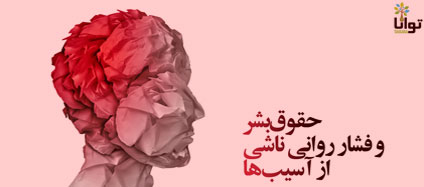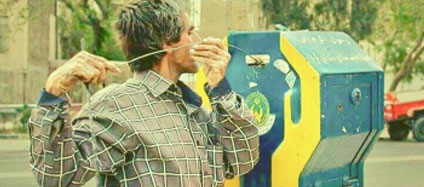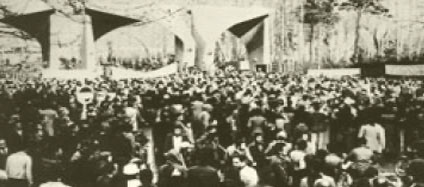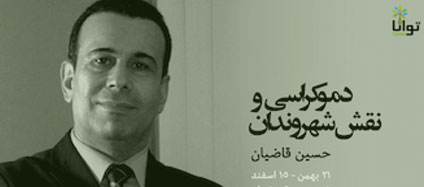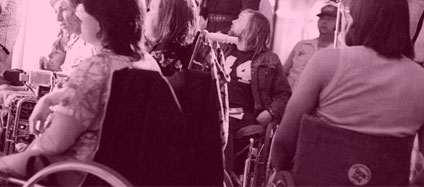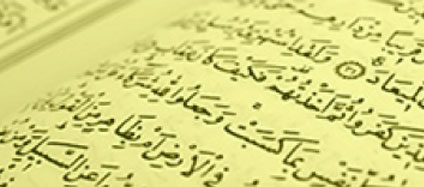In the ancient world, where populations believed in pantheons of good and evil deities and ancestral spirits, military expeditions were portrayed as expeditions of gods and souls. Rulers referenced spirits and deities to support and legitimize their claim to power. These belief systems were also used to differentiate societies and justify violence against rival groups. In the modern era, nationality and race are the primary factors in forming distinctions between groups of people, with communities attributing their own exceptionalism to these factors in the same way past communities considered themselves to have special relationships with the divine. This lesson will discuss the concept of the nation and nationalism, focusing on Italy and Germany as examples. How did the concept of nationhood emerge? How did it shape our world? Is the world divided between nations? The lesson will also examine how the modern conception of race was formed.
The first lesson will discuss the importance of learning about and discussing the Holocaust, highlighting...


